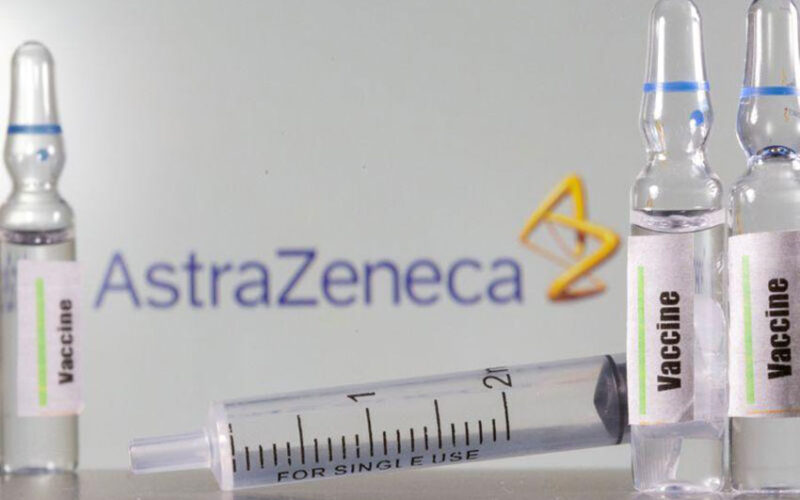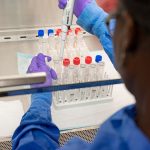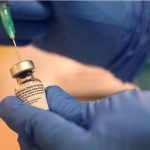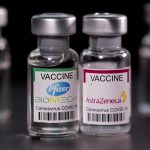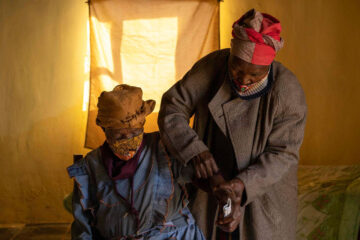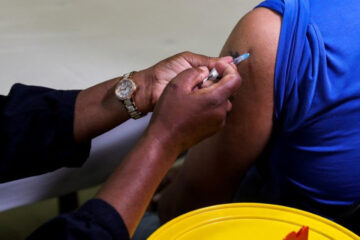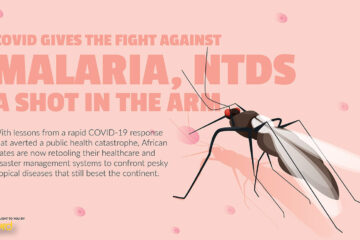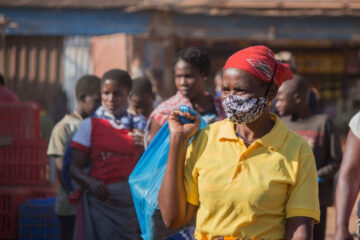South Africa will suspend use of AstraZeneca’s COVID-19 shot in its vaccination programme after data showed it gave minimal protection against mild to moderate infection caused by the country’s dominant coronavirus variant.
Health Minister Zweli Mkhize said on Sunday the government would await advice from scientists on how best to proceed, after disappointing results in a trial conducted by the University of the Witwatersrand.
The government had intended to roll the AstraZeneca shot out to healthcare workers soon, after receiving 1 million doses produced by the Serum Institute of India on Monday.
Instead, it will offer vaccines developed by Johnson & Johnson and Pfizer in the coming weeks while experts consider how the AstraZeneca shot can be deployed.
“What does that mean for our vaccination programme which we said will start in February? The answer is it will proceed,” Mkhize told an online news briefing.
“From next week for the next four weeks we expect that there will be J&J vaccines, there will be Pfizer vaccines. So what will be available to the health workers will be those vaccines.”
“The AstraZeneca vaccine will remain with us … up until the scientists give us clear indications as to what we need to do,” he added.
The announcement by the South African government came after the British drugmaker disclosed that its vaccine, developed with the University of Oxford, appeared to offer only limited protection against mild disease caused by the South African variant of COVID-19, based on early data from a trial.
The study from South Africa’s University of the Witwatersrand and Oxford University showed the vaccine had significantly reduced efficacy against the South African variant.
Among coronavirus variants currently most concerning for scientists and public health experts are the so-called British, South African and Brazilian variants, which appear to spread more swiftly than others.
“In this small phase I/II trial, early data has shown limited efficacy against mild disease primarily due to the B.1.351 South African variant,” an AstraZeneca spokesman said.
The newspaper said none of the more than 2,000 trial participants had been hospitalised or died.
“However, we have not been able to properly ascertain its effect against severe disease and hospitalisation given that subjects were predominantly young healthy adults,” the AstraZeneca spokesman said.
The company said it believed its vaccine could protect against severe disease, given that the neutralising antibody activity was equivalent to that of other COVID-19 vaccines that have demonstrated protection against severe disease.
The trial, which involved 2,026 people of whom half formed the placebo group, has not been peer-reviewed, according to The Financial Times.
While thousands of individual changes have arisen as the virus mutates into new variants, only a tiny minority are likely to be important or change the virus in an appreciable way, according to the British Medical Journal.
“Oxford University and AstraZeneca have started adapting the vaccine against this variant and will advance rapidly through clinical development so that it is ready for Autumn delivery should it be needed,” the AstraZeneca spokesman told the Financial Times.
On Friday Oxford said their vaccine has similar efficacy against the British coronavirus variant as it does to the previously circulating variants.

